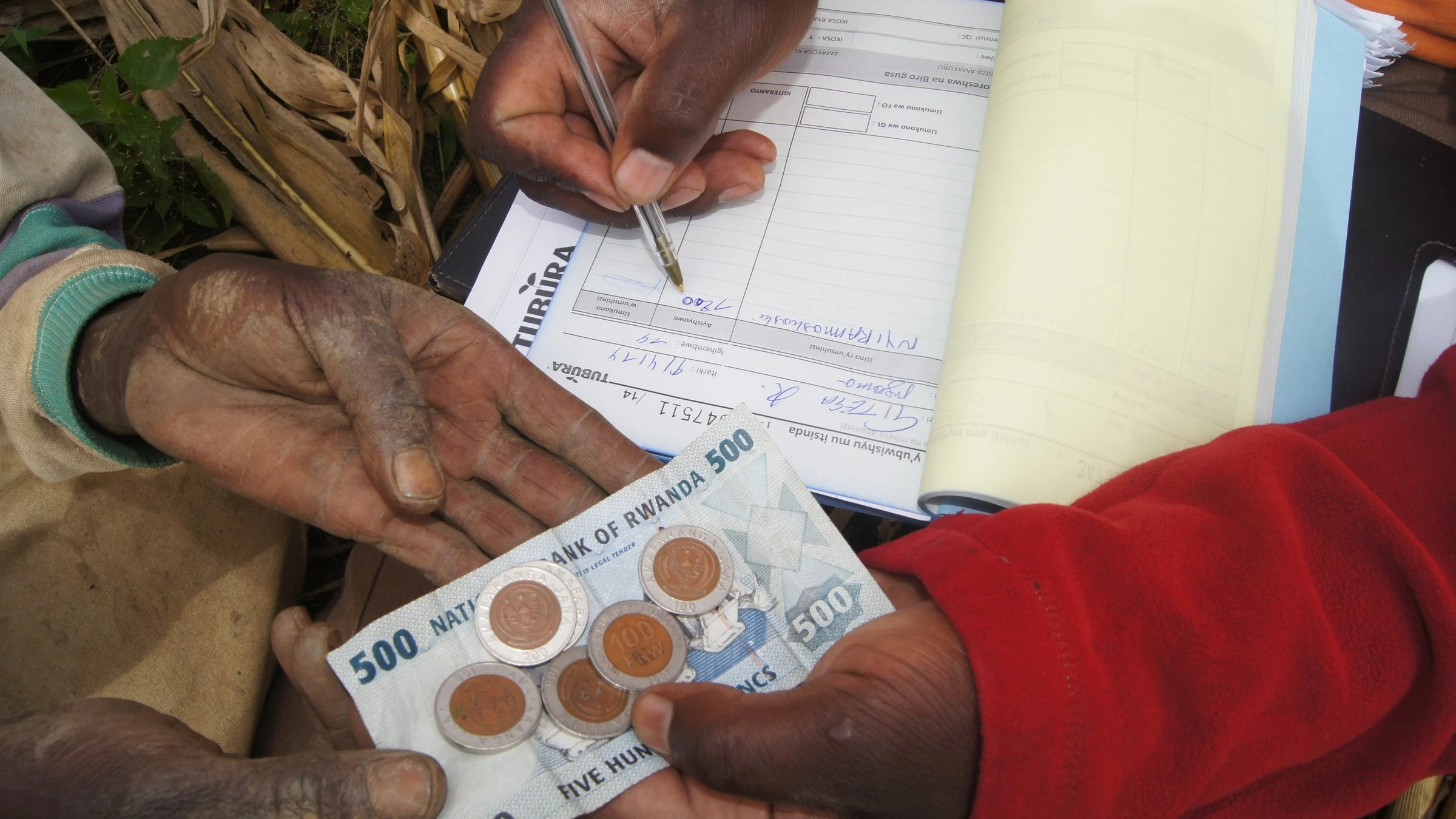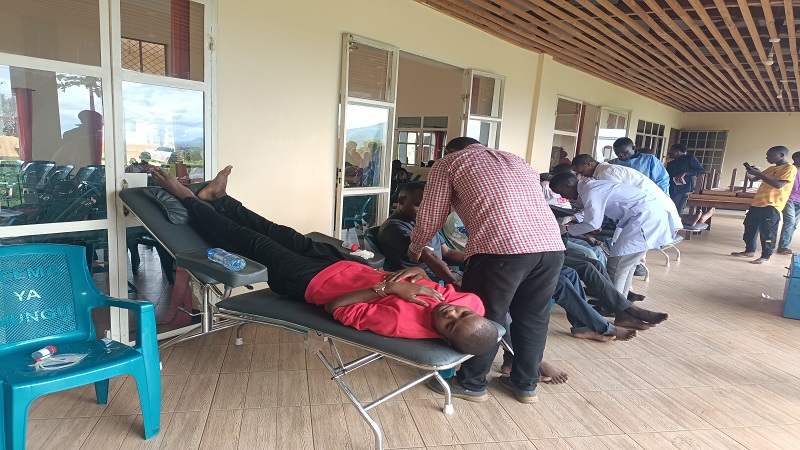CAG exposes deficits in efforts to counter rising desertification

QUESTIONS are mounting over the government’s ability to combat worsening desertification, following a scathing audit by the Controller and Auditor General (CAG).
CAG Charles Kichere, in his 2023/24 performance audit submitted to President Samia Suluhu Hassan last month, exposed major flaws in the planning and execution of the National Action Programme (NAP) for desertification control.
The report noted that the Vice President’s Office (VPO) failed to effectively roll out the plan, which ran from 2014 to 2018, with the findings coming just months after the secretariat for the UN Convention to Combat Desertification (UNCCD) listed Tanzania as among countries most rapidly facing severe drought.
The audit paints a grim picture of the country as missing baseline data, undefined performance indicators and an overall lack of preparedness that has left vast regions exposed to environmental degradation, analysts noted.
Dr. Jamila Kweka, an ecologist at the University of Dar es Salaam and among environmental experts now calling for urgent reforms, said the report confirms what scientists and even community leaders have long warned about.
“It’s clear the fight against land degradation has not been prioritized. We’ve seen forest clearing, overgrazing and water sources drying up—without the systems in place to reverse the damage,” she said.
Directing audit gaze at local government authorities, the CAG found that many district councils sidelined desertification control efforts in favour of other sectors such as health and infrastructure.
Rehema Mvungi, a councillor in the semi-arid district of Kiteto, said that without proper funding and clear accountability, no progress will be made. “We’ve been asking for technical and financial support for years. This report reflects what we have in reality.”
The VPO, which oversees national environmental policy, is said to be relying too heavily on donor funding that often targets the most severely affected areas, leaving moderately impacted regions without support.
Efforts to get a response from the VPO were unsuccessful, even as the report was issued with outdated indicators used to assess land degradation, failing to align the data requirements with the 2016 UNCCD framework.
This has resulted in flawed assessments and delayed interventions, to which the CAG urged the VPO to urgently design a more realistic and well-resourced national strategy.
This demands close collaboration with Regional Administration and Local Governments (PO-RALG) in the President’s Office, along with other sector ministries.
As the country braces for more erratic weather and shrinking arable land, the need for coordinated, evidence-based action appears more urgent than ever, analysts assert.
Top Headlines
© 2025 IPPMEDIA.COM. ALL RIGHTS RESERVED






















